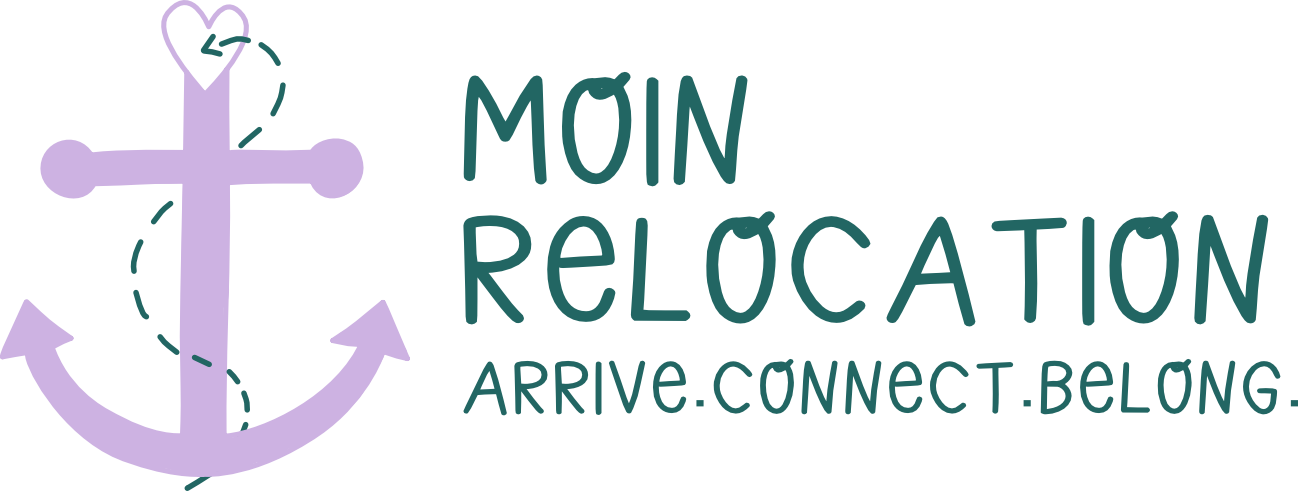Why International Companies Need Culturally Aware Relocation Support in Germany
When your company sends professionals abroad, their experience in the first weeks matters. A lot.
Relocating to Germany can be an exciting step – but also a complex one. The language barrier, unfamiliar systems, cultural differences and bureaucratic hurdles can quickly lead to stress or disorientation, especially for families or first-time expats.
If your company values inclusion and long-term retention, the support you provide at this stage is critical.
Here’s why investing in culturally aware relocation support can make all the difference:
1. You don’t just move a person. You move their world.
Relocation isn’t only about paperwork or flights. It’s about helping a human being (often with a partner or children) rebuild their everyday life – from groceries and health insurance to daycare and friendships.
This is especially true for BIPOC professionals, LGBTQ+ families, and multilingual households, who may face additional layers of cultural friction or discrimination. A generic relocation service often overlooks those realities.
2. Cultural translation is just as important as language.
Understanding how things are "done" in Germany isn’t always intuitive. What’s considered respectful or “normal” in one country may be interpreted very differently in another. Bureaucratic expectations, social codes, even school enrolment processes come with unwritten rules.
Professionals who are unfamiliar with German systems may find these things intimidating. Those who speak little German, or who come from non-European backgrounds, may feel excluded or overwhelmed.
3. The right support improves retention and well-being
When employees feel seen, safe, and understood, they’re more likely to stay, perform well, and integrate into their teams. When their families are supported, their ability to focus improves. The investment in thoughtful onboarding pays off – in morale, productivity, and long-term retention.
4. Germany is not post-racial. That matters.
Especially for Black, Brown and mixed-race professionals, Germany is not automatically a safer or more inclusive experience. Institutions can be rigid, and racism still exists – sometimes subtly, sometimes not.
From personal experience: I’m a mixed-race daughter of an immigrant father and a white German mother. I grew up between two cultures in Hamburg. I’ve also supported my former partner – a Spanish-speaking father from the Caribbean – through the process of settling in Germany with limited language skills.
These experiences showed me how easily people fall through the cracks when no one is there to interpret not only the language, but the unspoken cultural context. They also revealed the emotional toll of exclusion, even when intentions are good.
5. Human-centered relocation is a strategic advantage
If your company truly values inclusion, then how people are welcomed should reflect that. Offering culturally grounded, identity-aware support during relocation helps employees feel valued as whole people – not just as job titles.

